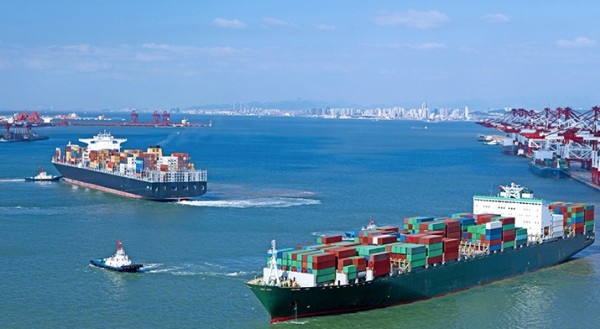The Competition Commission of Singapore (CCS) announced that has cleared the proposed joint venture between Nippon Yusen Kabushiki Kaisha Ltd., Mitsui O.S.K. Lines Ltd. and Kawasaki Kisen Kaisha Ltd (collectively, the “Parties” or “JV”). The Parties jointly applied for a decision by CCS on whether the creation of the JV would infringe the prohibition in the Competition Act against anti-competitive mergers.
Under the JV, proposed on October 2016, the Parties will merge their container liner shipping business, and their container terminal services businesses outside Japan. The only overlapping service of the Parties that would affect Singapore is the provision of container liner shipping services. The Parties also provide logistics services, bulk shipping, car transport, and liquid transport, through their respective subsidiaries. However, such services will continue to be conducted by the Parties separately and independently from each other and the JV.
In examining the impact of the JV on the global supply of container liner shipping services for intra-Asia trade routes, and for trades involving the East Asia region (which includes Singapore), as both origin and destination with various other regions around the world, such as Europe and North America (collectively, the “Relevant Markets”), CCS conducted a public consultation and sought feedback from vessel operating common carriers, non-vessel operating common carriers, and beneficial cargo owners.
After reviewing the Parties’ submissions and the feedback received, CCS concluded that the creation of the JV, if carried into effect, will not infringe the prohibition in the Act against anti-competitive mergers.
In clearing the creation of the JV, CCS found that:
- None of the Parties’ combined market shares for each of the Relevant Markets crosses CCS’s indicative thresholds of a merger situation that may raise competition concerns;
- Barriers to entering the Relevant Markets are not prohibitively high as potential entrants do not necessarily have to operate their own vessels to enter the Relevant Markets but could charter slots on vessels operated by other liners;
- Barriers to expansion are low as there is overcapacity in the industry and container lines are able to include Singapore as a port of call without incurring substantial cost;
- Although there is limited evidence that customers can credibly threaten to self-supply container liner shipping services, a significant number of customers (freight forwarders and beneficial cargo owners) demonstrate bargaining power through their procurement processes;
- There is limited product differentiation by container liner shipping service providers generally, and the information available does not suggest that the Parties are closer competitors to each other than against other players in the Relevant Markets;
- The JV is unlikely to increase the possibility of anti-competitive coordination given the large number of liners and low market concentration that would continue to exist post-JV.

































































